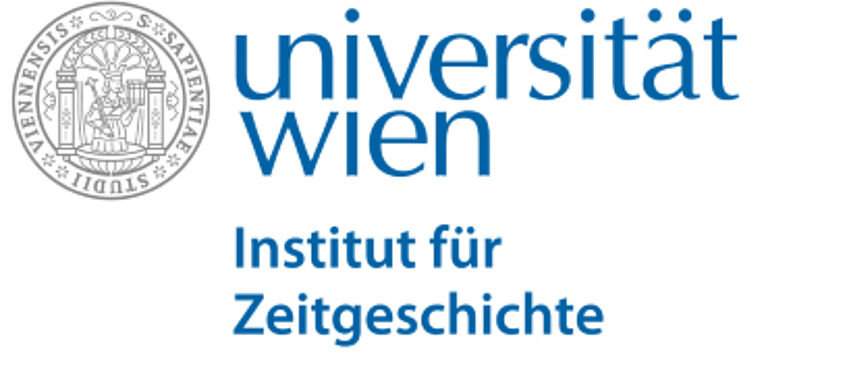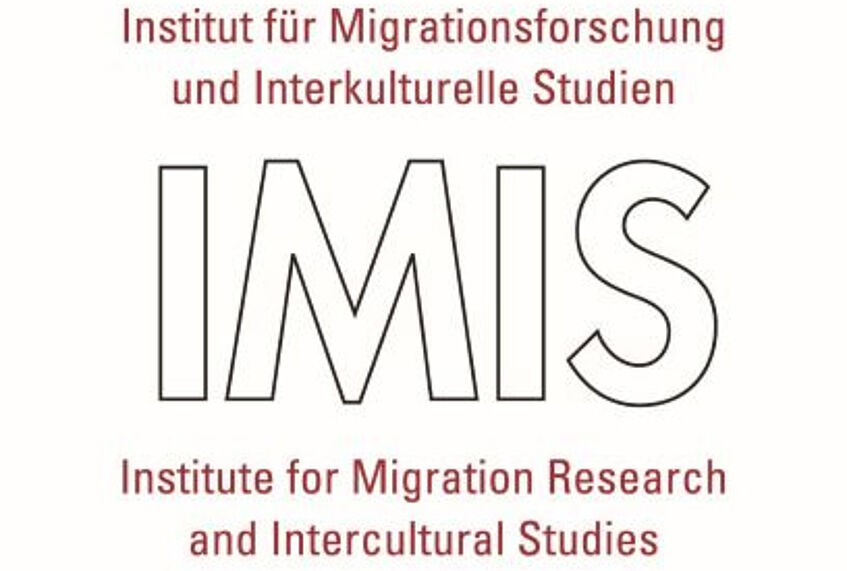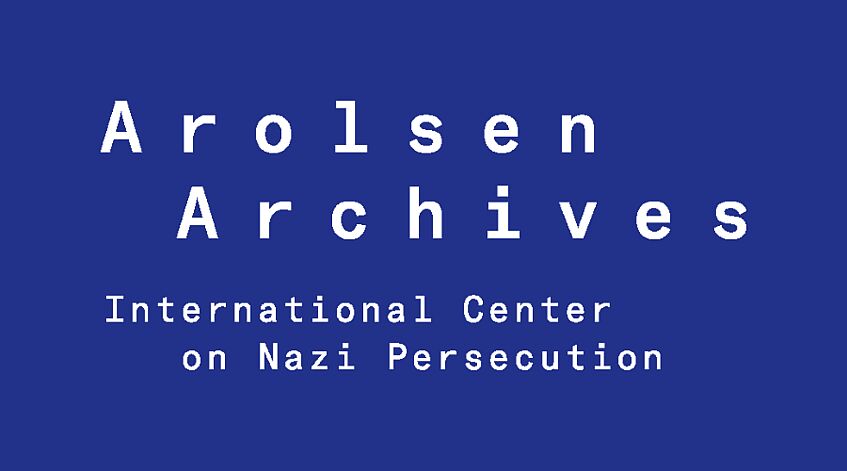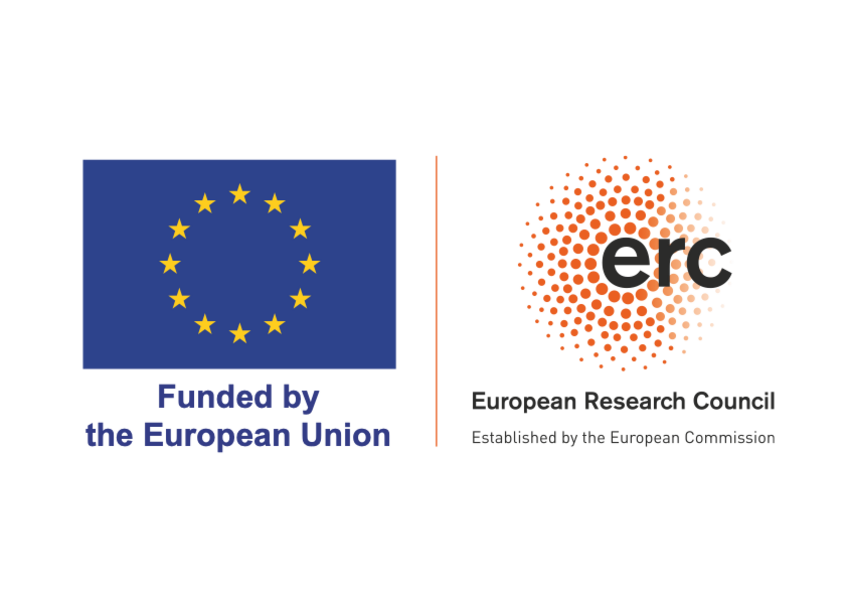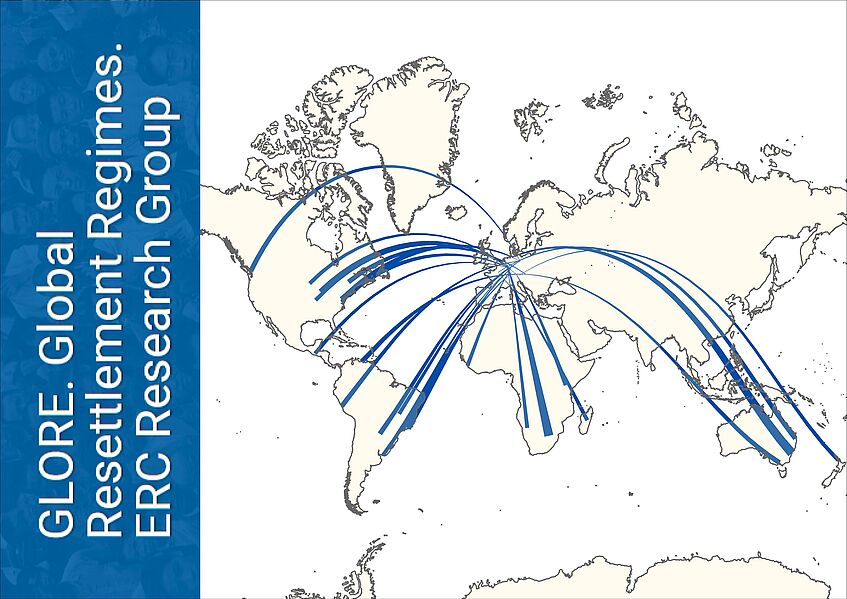This Project (Project Number: I 5444 International Projects) is bilaterally funded as a DACH-project by the Austrian Science Fund FWF and the German Research Fund DFG (Project Duration: 2022-2025), and brings together researchers from the Department of Contemporary History at the University of Vienna (Prof. Kerstin v. Lingen, Mag. Philipp Luis Strobl, PhD., MA. and Franziska Lamp, BA BA MA) and the Institute for Migration Research and Intercultural Studies (IMIS) at the University of Osnabrück (Prof. Dr. Christoph Rass, PD Dr. habil. Frank Wolff and Jessica Wehner, M Ed). The lead is at the University of Vienna with Prof. Kerstin v. Lingen. Project partners are the Arolsen Archives (former International Tracing Service, ITS) and the Österreichische Mediathek, mit dem Projekt Menschenleben.
This project argues that the migration and refugee movements after the Second World War led to the establishment of new migration regimes. By focusing on the multi-layered negotiation processes between the institutional-administrative level (UN agencies, nation states, various NGOs) and the persons categorised as "displaced persons" or "refugees", this project presents a new, actor-based history of dealing with migration movements in Austria and Germany after the end of the Second World War.
The three case studies realised in the framework of this project focus on specific aspects of the negotiation process between (supra)national control mechanisms and the autonomy of the migration experience. It discusses norm-building and negotiation processes upon entry into the care system, as well as the challenges of caring for particularly vulnerable groups as well as their emigration opportunities and strategies. Furthermore, the processes of affiliation formation and the negotiation of a permanent status such as citizenship are examined.









